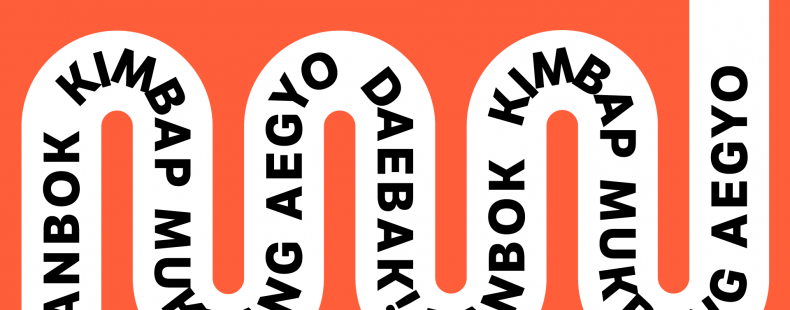The "Korean Wave"
In the last decade or so, a wave has swept out of the Korean peninsula and spread anywhere and everywhere. But don’t worry. This wave isn’t made of water. No, it is made of … pop culture!
The word Hallyu, which literally means “Korean Current” or “Korean Wave,” has been used to refer to the wave of Korean pop culture that has swept across the globe and led to a rapid explosion in popularity of Korean music, movies, food, television shows, and video games. Hallyu has exposed us to K-pop, K-dramas, and K-beauty. If you were hooked on the TV series Squid Game or Crash Landing on You, or have been enlisted into the BTS ARMY, you’ve already been caught up in Hallyu.
Hallyu isn’t just about learning names of popular K-pop stars, though. It has led to a wider awareness of Korean culture and words from the Korean language. We’ve gathered up some of these words to help explain some of the things that have fueled the momentum of Hallyu.
Note: We often use the words Korea and Korean to refer specifically to the Republic of Korea, commonly known as South Korea.














